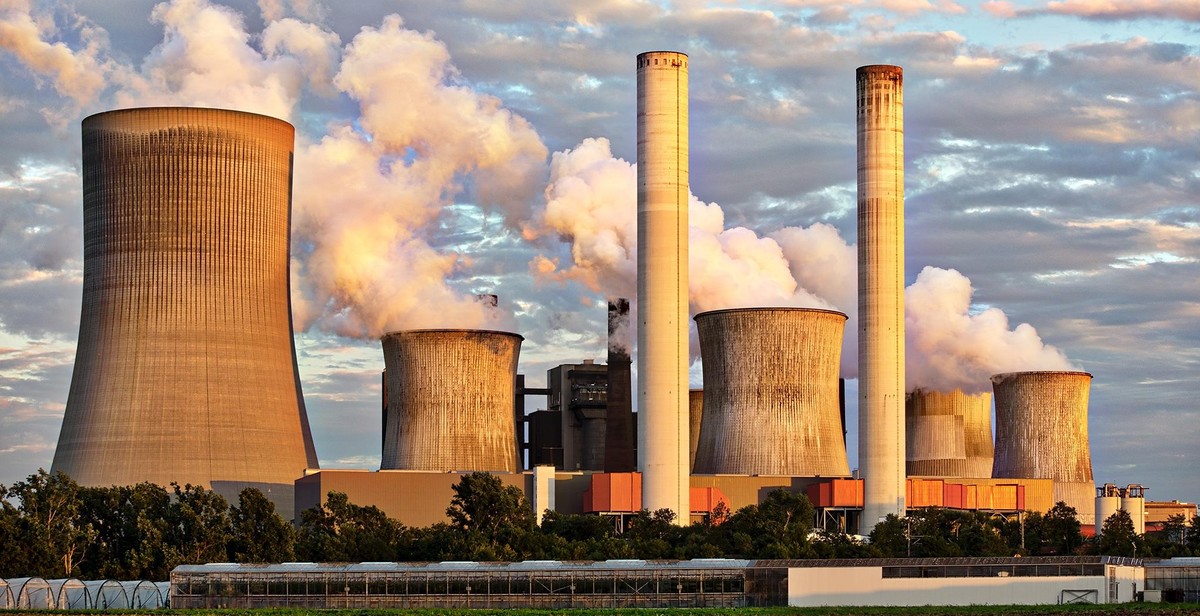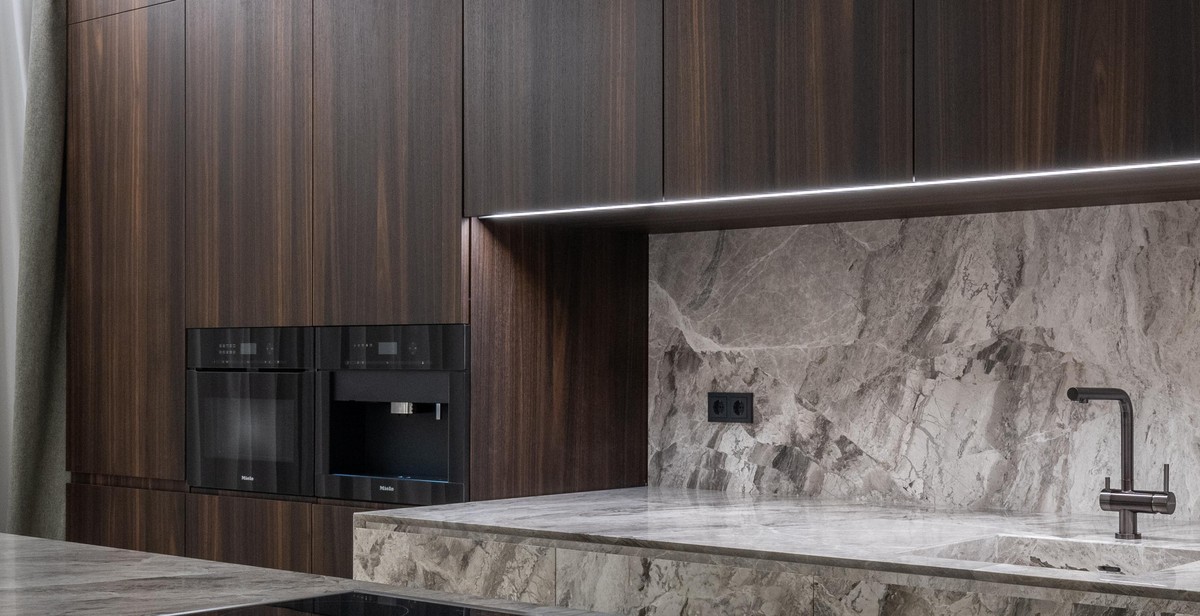How to Reduce Indoor Air Pollution in Your Apartment: Improving Air Quality
Indoor air pollution is a growing concern, especially for those living in apartments. Poor air quality can lead to various health problems such as respiratory issues, allergies, and even cancer. The good news is that there are several steps you can take to reduce indoor air pollution in your apartment and improve the air quality.
What is Indoor Air Pollution?
Indoor air pollution is the presence of harmful contaminants in the air inside a building. These contaminants can include dust, mold, pet dander, pollen, and chemicals from cleaning products and furniture. When these pollutants accumulate in the air, they can cause health problems for the occupants of the building.
Indoor air pollution is a serious issue, and it’s important to take steps to reduce it in your apartment. This article will provide you with tips on how to improve the air quality in your apartment and reduce the risk of health problems associated with poor air quality.
Why is Indoor Air Quality Important?
Indoor air quality is important because we spend a significant amount of time indoors, especially in our homes. Poor air quality can lead to respiratory issues, allergies, and other health problems. Improving the air quality in your apartment can help you breathe easier and reduce the risk of health problems associated with poor air quality.

Sources of Indoor Air Pollution
Indoor air pollution is a major concern for apartment dwellers. Poor air quality can lead to a range of health problems, from allergies and asthma to more serious respiratory illnesses. Here are some common sources of indoor air pollution:
Household Cleaning Products
Many household cleaning products contain chemicals that can emit harmful fumes. These chemicals can irritate the eyes, nose, and throat, and can even cause headaches and dizziness. Some cleaning products can also contain volatile organic compounds (VOCs), which can contribute to indoor air pollution.
Cigarette Smoke
Cigarette smoke is a major contributor to indoor air pollution. Secondhand smoke can be just as harmful as smoking itself, and can cause respiratory problems, heart disease, and even cancer. If you or someone in your apartment smokes, it’s important to take steps to reduce exposure to secondhand smoke.
Mold and Mildew
Mold and mildew can grow in damp areas of your apartment, such as the bathroom or kitchen. These fungi can release spores into the air, which can cause allergic reactions and respiratory problems. It’s important to address any mold or mildew issues in your apartment as soon as possible.
Radon
Radon is a naturally occurring gas that can seep into your apartment from the ground. It’s odorless and colorless, so it’s important to test for radon levels in your apartment. Exposure to high levels of radon can increase the risk of lung cancer.
Volatile Organic Compounds (VOCs)
Volatile organic compounds (VOCs) are chemicals that can be found in many household products, including paints, adhesives, and furniture. These chemicals can emit harmful fumes, which can cause respiratory problems and other health issues. It’s important to choose low-VOC products whenever possible.
| Source | Potential Health Effects |
|---|---|
| Household Cleaning Products | Irritation of eyes, nose, and throat; headaches; dizziness |
| Cigarette Smoke | Respiratory problems, heart disease, cancer |
| Mold and Mildew | Allergic reactions, respiratory problems |
| Radon | Increased risk of lung cancer |
| Volatile Organic Compounds (VOCs) | Respiratory problems, other health issues |
By understanding the sources of indoor air pollution in your apartment, you can take steps to reduce exposure and improve air quality. In the next section, we’ll explore some strategies for reducing indoor air pollution.

Health Effects of Indoor Air Pollution
Indoor air pollution can have both short-term and long-term effects on your health. Short-term effects are usually immediate and can be seen or felt within a few hours or days of exposure. Long-term effects, on the other hand, may take years or decades to develop and can have serious consequences.
Short-term Effects
Short-term effects of indoor air pollution can vary depending on the type and amount of pollutants in the air. Some common short-term effects include:
- Eye, nose, and throat irritation
- Headaches
- Dizziness
- Fatigue
- Allergic reactions
- Asthma attacks
- Carbon monoxide poisoning
- Sick building syndrome
These short-term effects can be particularly harmful to children, the elderly, and people with pre-existing respiratory or cardiovascular conditions.
Long-term Effects
Long-term exposure to indoor air pollution can have serious health consequences. Some common long-term effects include:
- Respiratory diseases, such as asthma, chronic obstructive pulmonary disease (COPD), and lung cancer
- Cardiovascular diseases, such as coronary artery disease and stroke
- Neurological disorders, such as Alzheimer’s disease and Parkinson’s disease
- Reproductive and developmental disorders
- Immune system dysfunction
These long-term effects can be particularly harmful to children, who are still developing, and to pregnant women, who can pass on the effects to their unborn children.
| Indoor Air Pollutant | Health Effects |
|---|---|
| Carbon monoxide | Headaches, dizziness, nausea, confusion, unconsciousness, death |
| Radon | Lung cancer |
| Secondhand smoke | Lung cancer, respiratory infections, asthma attacks, sudden infant death syndrome (SIDS) |
| Mold | Allergic reactions, asthma attacks, respiratory infections, neurological disorders |
| Volatile organic compounds (VOCs) | Eye, nose, and throat irritation, headaches, dizziness, fatigue, liver and kidney damage, cancer |
It’s important to take steps to reduce indoor air pollution in your apartment to protect your health and the health of your loved ones.

Ways to Reduce Indoor Air Pollution
Indoor air pollution can be harmful to your health and cause respiratory problems. Here are some ways to reduce indoor air pollution:
Use Natural Cleaning Products
Many cleaning products contain harmful chemicals that can pollute the air in your apartment. Instead, opt for natural cleaning products such as vinegar, baking soda, and lemon juice. These natural products are just as effective at cleaning and disinfecting your home without polluting the air.
Quit Smoking
Smoking inside your apartment can cause indoor air pollution and harm your health. Quitting smoking is the best way to reduce indoor air pollution caused by cigarettes. If you have guests who smoke, ask them to smoke outside your apartment to prevent smoke from entering your home.
Control Moisture and Ventilation
High humidity levels can cause mold and mildew to grow, which can pollute the air in your apartment. Use a dehumidifier to control humidity levels, especially in areas such as the bathroom and kitchen. Proper ventilation is also important to reduce indoor air pollution. Open windows and use exhaust fans to improve air circulation in your apartment.
Test for Radon
Radon is a naturally occurring gas that can seep into your home from the ground and cause indoor air pollution. Test your apartment for radon to ensure that levels are within safe limits. If radon levels are high, contact a professional to mitigate the problem.
Use Air Purifiers
Air purifiers can help to filter out pollutants and improve the air quality in your apartment. Choose an air purifier with a HEPA filter, which is designed to capture small particles such as dust, pollen, and pet dander. Place the air purifier in the room where you spend the most time to maximize its effectiveness.
| Method | Benefits |
|---|---|
| Use Natural Cleaning Products | Effective cleaning without polluting the air |
| Quit Smoking | Reduces indoor air pollution caused by cigarettes |
| Control Moisture and Ventilation | Prevents mold and mildew growth and improves air circulation |
| Test for Radon | Ensures safe levels of radon in your apartment |
| Use Air Purifiers | Filters out pollutants and improves air quality |

Conclusion
Indoor air pollution is a serious problem that affects the health of millions of people around the world. Fortunately, there are many simple and effective ways to reduce indoor air pollution in your apartment and improve the air quality.
Start by identifying the sources of pollution.
Common sources of indoor air pollution include tobacco smoke, cooking fumes, pet dander, mold, and volatile organic compounds (VOCs) from cleaning products and furniture. Once you have identified the sources of pollution, take steps to eliminate or reduce them.
Keep your apartment clean and well-ventilated.
Vacuum and dust your apartment regularly to remove dust and allergens. Use a high-efficiency particulate air (HEPA) filter in your vacuum cleaner to trap small particles. Open windows and doors to improve ventilation and let fresh air in.
Invest in air purifiers and plants.
Air purifiers can help remove pollutants from the air, especially if you live in a city or near a busy road. Plants can also help purify the air by absorbing pollutants and producing oxygen.
Be mindful of what you bring into your apartment.
Choose natural cleaning products and avoid products that contain VOCs. Opt for natural materials when buying furniture and avoid products that off-gas.
By following these simple tips, you can improve the air quality in your apartment and reduce the risk of health problems associated with indoor air pollution.
| Source: | https://www.epa.gov/indoor-air-quality-iaq/introduction-indoor-air-quality |
